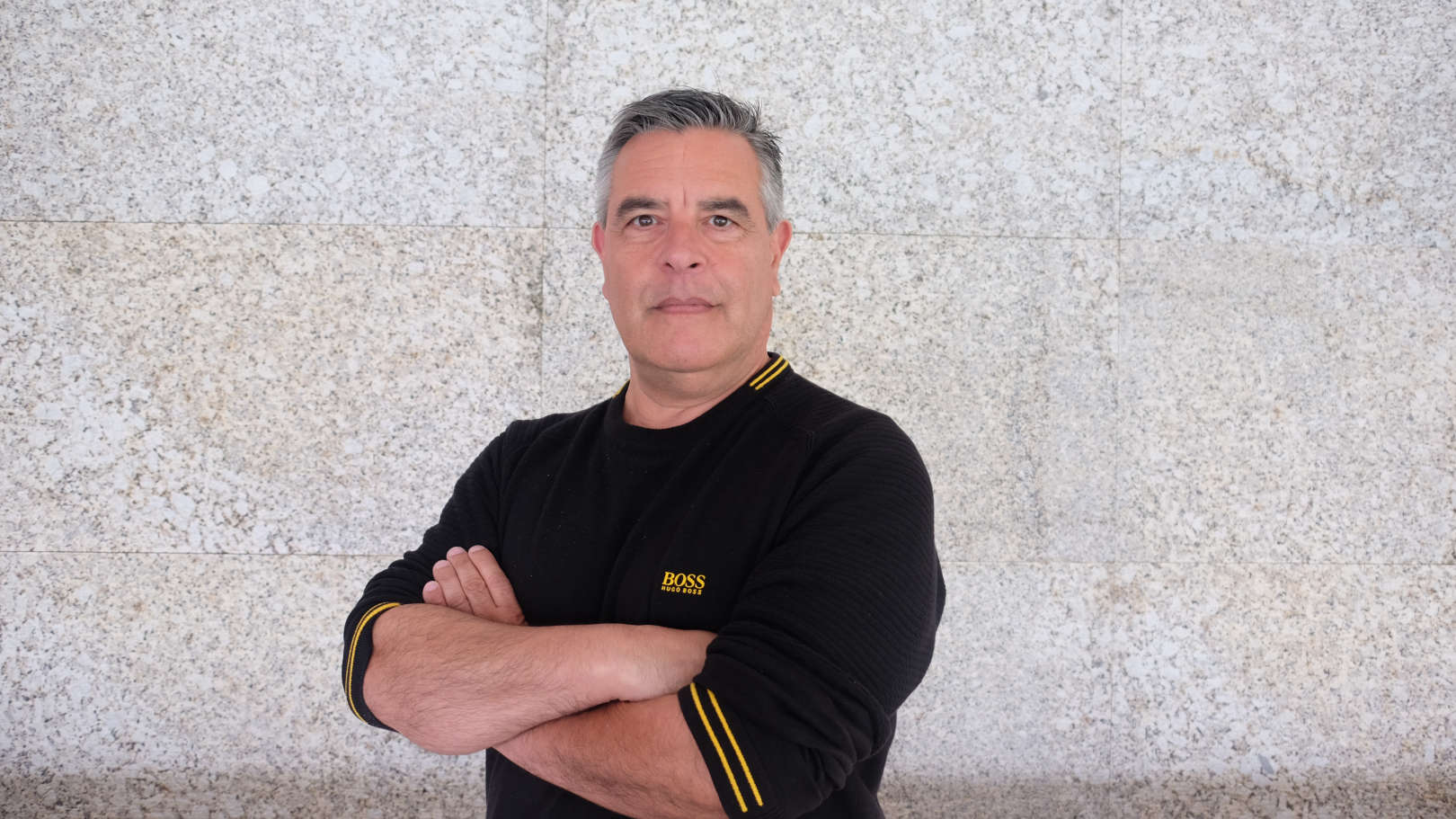About
Luís Paulo Santos is and Assistant Professor of the Department of Informatics, Universidade do Minho and researcher of CSIG, INESC-TEC. His research area is rendering and global illumination, focusing on algorithms' performance and heterogeneous parallel computing (CPU + GPU + Knights Landing) to reduce convergence tiome towards perceptually correct solutions. He published several papers in the most relevant international fora of Computer Graphics (conferences and journals), and authored a book on Bayesian Monte Carlo Rendering. He nelongs to the Program Committee of several international conferences, having chaired a few of these and organized 6 such events in Portugal.
He has been Vicer Director of the Department, and the Informatics Engineering degree. He was the Director of the Doctoral Programme on Informatics. He integrated the Committe designted by the Rector to install an United Nations University Operational Unit on Electronic Governance in Guimarães, Portugal, and is currently a member of the direction of the unit responsible for the interface between the 2 institutions.
He is Associate Editor of the Computers & Graphics Elsevier journal and President of the Portuguese Group of Computer Graphics, formally the portuguese chapter of Eurographics, for the period of 2017-2018.


